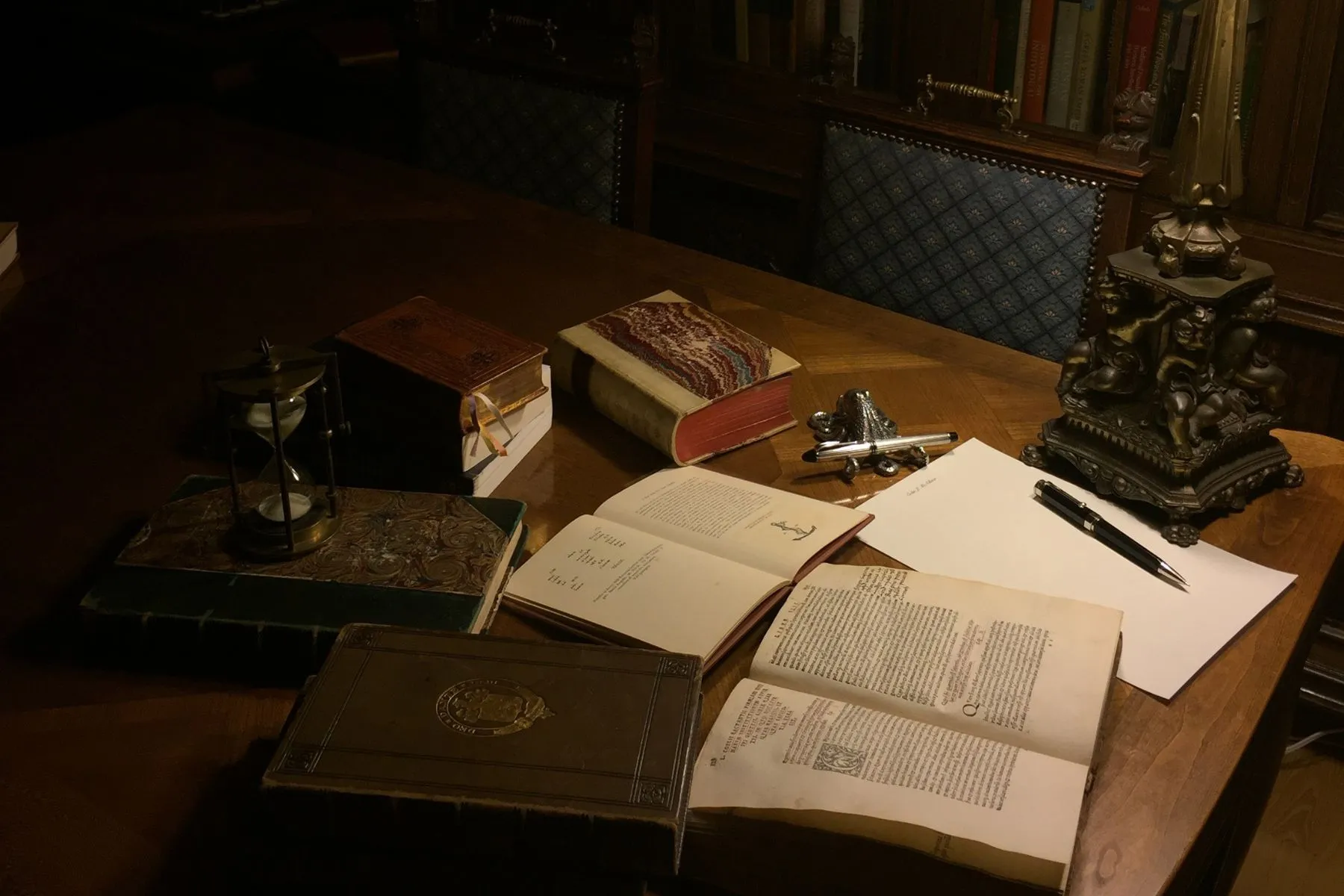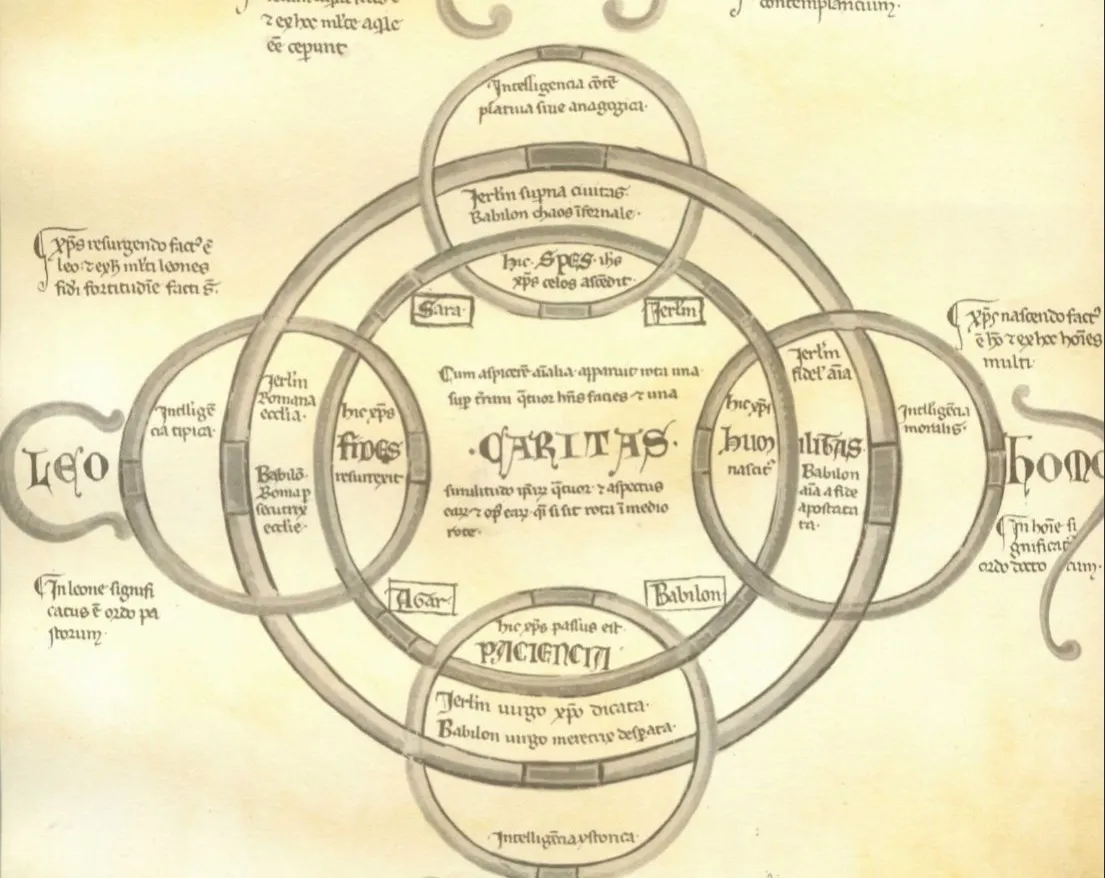
Humanities Program at UCCS
About the Program

Humanities is the critical study of human culture and experience. The purpose of Humanities courses is to help students better understand themselves as well as others and the world at large.
The core Humanities courses are team-taught, writing intensive, and multi-disciplinary. They combine the study of literature, history, art, theatre, film, music, religion, philosophy, and more, with an emphasis on the interaction of these fields with social, political, economic, and scientific events.
Academic Focus
"The question, 'who are we as human beings?' is perhaps the most important one that we can ask. The Humanities, like no other academic discipline, attempts to answer this question in the broadest, most comprehensive way imaginable."
- Dr. Jeff Scholes, Department of Philosophy
"I study Humanities to figure out the best and deepest questions to ask, knowing that searching for the answers will be a lifelong pursuit. The Humanities also cultivate doubt, uncertainty, skepticism, and the desire to research further and more deeply, all the more important in an age of fake news and the constant reiteration of false claims."
- Dr. Paul Harvey, Department of History
"The Humanities broadly addresses those questions that we all face as human beings living in a complex world. Essential to this endless exploration is the dissipation of disciplinary boundaries and the search for new method and perspective that is inherent in Humanities as a branch of knowledge. It is our ability to make connections and consider diverse outlooks simultaneously that allow us to push thought forward."
- Dr. Max Shulman, Director of the Heller Center for Arts & Humanities, Associate Professor of Theatre and Dance
"There is an old meme that says something like 'STEM can teach you how to clone a dinosaur, but the Humanities can tell you why that is a bad idea.' As someone who works at the intersection of digital technologies and traditional humanities approaches, this strikes me as fundamentally true. Technologies are increasingly shaping the world around us, and new developments are on the horizon. The Humanities provide us with the tools to navigate this future with the focus on interrogating information, questioning assumptions, pushing back against established narratives, and exploring the deeper question of the 'why' in stories…hopefully avoiding the fate that befell Jurassic Park. Studying the Humanities deepens our experience of life in the present, helps us appreciate the past, and may be the key to us all navigating the future."
- Dr. Helen Davies, Co-Director, Digital Humanities Center, Assistant Professor of English
"Interdisciplinary Humanities! More easily said than done. Let us appreciate and celebrate our Humanities colleagues who have given so much of their intellectual life to practicing the difficult art of interdisciplinarity, and who make the extra effort to develop and foster expertise in different academic disciplines opening themselves and our students to new ways of thinking and experiencing the world."
- Dr. Dorothea Olkowski, Distinguished Professor of Philosophy
The Heller Center for Arts & Humanities

The Heller Center promotes creative and intellectual engagement for the arts, humanities, and social sciences. We do this through fellowships, salon talks, exhibits, workshops, theatrical performances, and other programs.
Center for Research Frontiers in the Digital Humanities

Center for Research Frontiers in the Digital Humanities
This center, established in 2023, exists to unify the humanities and technology through expansive innovation, investigation, and collaboration.
The digital humanities is an emerging academic field that utilizes current and rising technologies to examine the human condition. At UCCS’s Center for Research Frontiers in the Digital Humanities, we focus on how technology can creatively inform research, scholarship, education, and community outreach.
This center:
- Innovates in the humanities through the application of creative tech-based approaches.
- Investigates new theories and methodologies through interdisciplinary research and scholarship.
- Collaborates with UCCS faculty, students, and community members to expand the traditional boundaries of academia.
